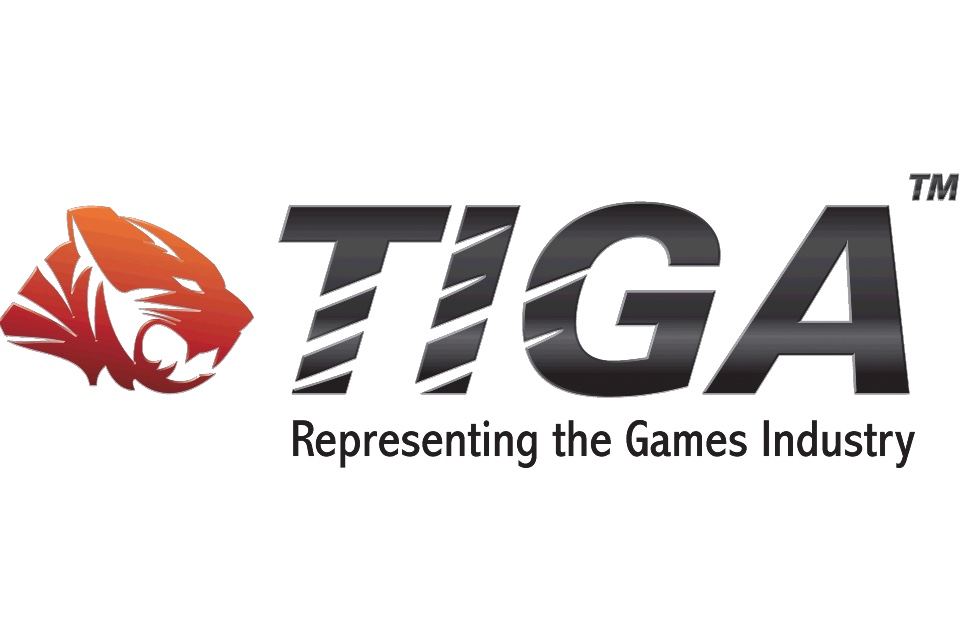
Government urged to reform VGEC to strengthen UK video games industry
TIGA, the trade association representing the UK’s video games industry, has urged the Government to align the forthcoming Video Games Expenditure Credit (VGEC) with the outgoing Video Games Tax Relief (VGTR) to strengthen the UK video games industry. TIGA has issued the statement in response to the Government’s plans for the new VGEC (Reform of audio-visual creative tax reliefs to expenditure credits – GOV.UK (www.gov.uk).
VGEC introduces significant changes including the removal of the eligibility of European expenditure and the £1 million sub-contracting cap. Its headline rate of relief of 34% is claimed as an income receipt that is subject to Corporation Tax and equates to an effective rate of 25.5%, marginally higher than VGTR.
New research from TIGA and Games Investor Consulting indicates that VGEC’s introduction could drive an additional 281 development jobs, over 500 indirect jobs, over £52 million in new development expenditure, nearly £50 million in new tax receipts and over £116 million in new GDP contributions between 2024 and 2028.
Yet this growth could be jeopardised unless the Government introduces VGEC prudently.
TIGA’s response to the Government includes the following proposals:
- Align VGEC with VGTR: The Government proposes to exclude ‘connected party profit’ from qualifying expenditure for the VGEC. Financial models commonly used by games companies, such as the Special Purpose Vehicle (SPV) and the man-month rates model, would be adversely affected as any mark-up applied between two connected parties would be excluded. 282 studios operate within groups in the UK, employing 64 per cent of the development workforce. TIGA proposes that HMRC should align VGEC with VGTR and adopt the same transfer pricing rules as found in VGTR. VGTR allows ‘a reasonable mark-up on underlying staff costs’ between connected parties, employing the arm’s length principle established by OECD.[1]
- Simplify claims: The Government’s plans for VGEC require applicants to undergo a seven step test, identical to the Research and Development Expenditure Credits (RDEC) on which VGEC is directly modelled.[2] RDEC is designed for large companies but the UK’s games development sector is predominantly made up of SMEs and so some smaller companies may not be able to apply, being deterred by the cost of professional services. HMRC should explore ways to simplify the VGEC submission process so that it is more suitable for games companies of every size.
- Guidance on ‘used or consumed in the UK’: The Government and HMRC should provide specific examples of how requirements for goods to be ‘used or consumed in the UK’ would apply to the video games industry. At present, there is uncertainty within the sector about exactly what will and will not be eligible for the Credit.
Dr Richard Wilson OBE, TIGA CEO, said:
“The Government has recognised the creative industries as one of the UK’s five priority growth sectors. Since VGTR came into effect in 2014, the UK video games industry has thrived, with studio numbers, investment and employment all increasing. TIGA’s latest research indicates that between December 2021 and April 2023, the game development sector’s annual contribution to Gross Domestic Product increased from £2.9 billion to £3.68 billion.[3]
“It is vital, therefore, that the new Video Games Expenditure Credit strengthens our world leading video games industry. Enabling connected party profits, simplifying the claims process and providing guidance on what constitutes ‘used and consumed in the UK’ are vital reforms. Increasing the rate relief from 34% to 39% would power job creation and investment in the sector”
Jason Kingsley OBE, TIGA Chairman and CEO and Creative Director at Rebellion, said:
“UK Government’s Creative Industries Statistics Commentary: August 2023 shows that VGTR payments have fallen for the first time since 2014 and that 49 per cent of all claims were for £50,000 or less during the period 2021-22. It is vitally important that the new VGEC continues to incentivise investment and remains administratively simple for studios of all sizes to access, so that we can unlock the full potential of our sector.”
Notes for editors
Video Games Expenditure Credit (VGEC) will have a phased introduction from 1 January 2024 and will replace Video Games Tax Relief (VGTR) entirely by April 2027.
About TIGA
TIGA is the trade association for the UK video games industry. Since 2010, TIGA has won 28 business awards and commendations. Our vision is to make the UK the best place in the world to develop video games. Our core purpose is to strengthen the games development and digital publishing sector. We achieve this by:
- influencing Government policy via political representation to create a favourable business environment;
- driving excellence in education and skills through our accreditation programme, the TIGA Games Education Awardsand our education conference; and
- promoting best practices through our membership services, including the TIGA STAR Employer Awardand the TIGA Games Industry Awards.
Get in touch:
Tel: 0845 468 2330
Email: info@tiga.org
Web: www.tiga.org
[1] “HMRC accepts a reasonable mark-up on underlying staff costs to reflect the indirect cost of overheads such as office electricity and training costs. However, this mark-up should never exceed a genuine arm’s length rate. HMRC does not set a specific ‘acceptable’ percentage mark-up, since the rate should be reflective of market rates which will naturally vary by industry and service provided. To reach an arm’s length value, claimant companies should:
- Conduct a robust transfer pricing analysis, applying the OECD Transfer Pricing Guidelines (VGDC80060); or
- Identify suitable third party comparables of production fees and man-month rates charged in transactions between external, independent parties.
In both cases, HMRC expects the claimant company to be able to demonstrate that its method produces a just and reasonable mark-up rate, such as may be expected between unconnected parties in an arm’s length transaction.” Source: https://www.gov.uk/hmrc-internal-manuals/video-games-development-company-manual/vgdc80030
[2] The need for additional forms is questionable given that games already go through a certification process and there is therefore no ambiguity in terms of projects qualifying, as there is for R&D.
[3] https://tiga.org/news/studio-numbers-employment-rise-in-uk-video-games-industry-new-tiga-research

